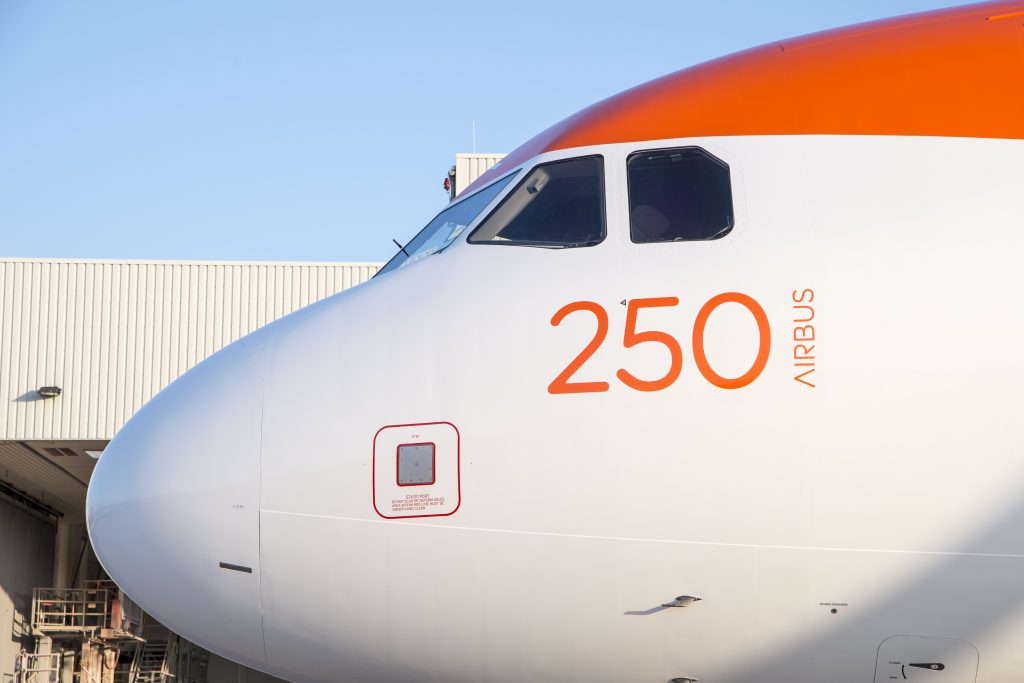Research by Astons, the international experts on real estate, residency and citizenship through investment, reveals which global nations have seen the largest increases and decreases in the cost and time required to gain citizenship through investment.
There are 13 global nations that offer citizenship through investment, each with different rules about the amount of investment required and the time required when making an application. In the past few years, most of these nations have implemented changes to these rules, with some seeing a change to the cost and time required.
It is important to note that for all nations, any changes in the price of citizenship reflect changes in currency exchange rates as well as their individual golden citizenship investment requirements.
Discounted cost of citizenship through investment
Malta, situated in the middle of the Mediterranean, has implemented the biggest reduction in the cost of obtaining citizenship. Since 2020, the minimum investment amount has fallen by -43.1%. However, as a desirable European nation, the cost remains high at $747,666
For those who are looking to gain unfettered access to the Mediterranean lifestyle and warmer climes, Malta proves the ideal location and the opportunity to secure citizenship now comes at a significant discount when compared to 2020.
However, as well as implementing the biggest drop in costs, Malta has also seen the largest increase in its citizenship application timeline. Since 2020, the timeframe has increased by 304 days and it now takes an average of 730 days to officially become a Maltese citizen.
The Arab nation of Jordan has also seen a significant discount in the cost of obtaining citizenship, reducing by -25% since 2020, with citizenship through investment now requiring a minimum sum of £750,000.
Saint Kitts & Nevis, in the Caribbean, has reduced its required minimum investment amount by -16.7% to just $125,000, making it one of the most affordable of the 13 nations
Austria is the only other nation to have seen the cost of a Golden passport fall, down by -6.5% since 2020, although it remains by far the most expensive route to obtaining alternative citizenship at $3.2m.
Prices climb for Turkish citizenship
While Austria remains the most expensive option, it’s Turkey that has seen the biggest increases both in price and application timeframe.
Prior to 2018, the minimum investment for Turkish citizenship was $1m, before falling to $250,000. However, the popularity of Turkish citizenship has since seen this cost increase by 60% to $400,000, while the average timeframe has increased by 152 days.
It is likely that Turkey’s long-held desire to join the EU is the key motivation for this increase in Turkish citizenship, along with the continued importance of Turkey’s unique location, with one hand in Europe and the other in the Middle East, helping to drive both an increase in value and application times.
However, there have been murmurings that this growing demand could lead to the closure of Turkey’s Golden Passport scheme, or at the very least, see the minimum investment threshold return to $1m.
Consistency of Caribbean Citizenship Appeal
The Caribbean nations continue to offer some of the best paths to gaining alternative citizenship by investment. This is, of course, partly due to the idyllic lifestyle benefits that such beautiful countries promise, but they’re also among the most affordable investment options.
Saint Kitts & Nevis remains one of the more affordable routes at $125,000, but cheaper still are the neighbouring island nations of Saint Lucia, Dominica, and Antigua & Barbuda, with a minimum investment of $100,000.
Dominica remains the fastest route to gaining Caribbean citizenship at just 76 days, although Antigua & Barbuda has seen the time it takes to grant citizenship has fallen by -30 days since 2020, bringing the timeline down to 107 days.
In contrast, Saint Kitts & Nevis and Saint Lucia have increased their application timelines by +84 days and +30 days respectively.
USA Immigration Expert for Astons, Alina Lesina, commented:
“The ability to gain alternative citizenship via investment provides some fascinating insights into the migration patterns of the world’s high-net worth individuals and the rise and fall in popularity of various schemes is often driven by a myriad of factors.
While business interests is certainly one of those factors, the ambition to secure a better quality of life for themselves and their families is also a driving cause and one that tends to bring a far greater level of consistency.
Then there’s simply the ability to escape the pressures of the working world both quickly and cost effectively, which is undoubtedly the reason behind the longevity and popularity of Carribean Golden Passport schemes.
The affordability and speed of gaining citizenship to these island nations makes them a real attraction for wealthy investors who want unfettered access to the way of life provided in the Caribbean without necessarily wishing to live there permanently.
However, we’re now seeing Malta become popular for the same reasons and, with the cost of obtaining Maltese citizenship having reduced substantially, there has been an uplift in activity from wealthy Americans, in particular.”
The Irish government is ending its golden visa program for people who have invested in the country’s economy.




